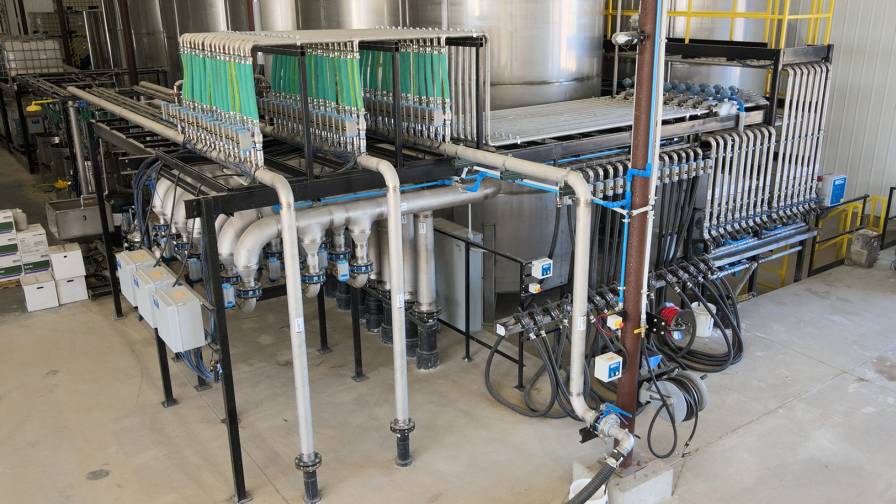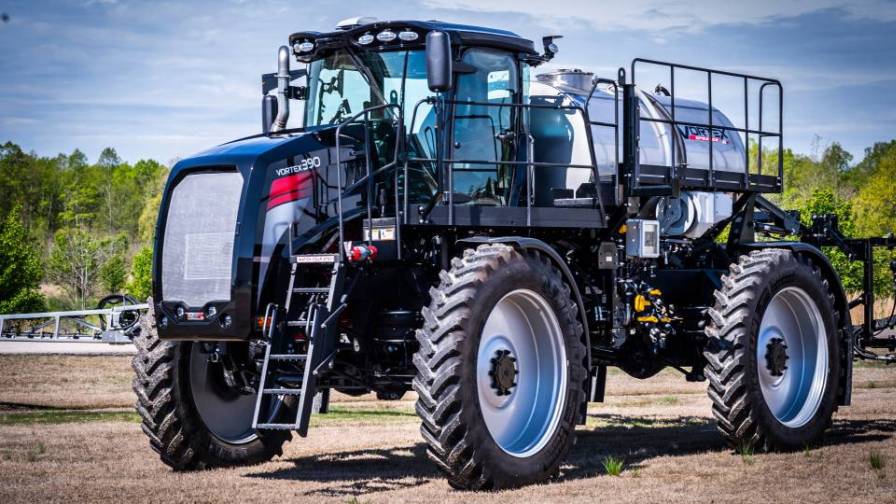USDA: Conservation Survey Vital For Midwest Farmers
The USDA’s National Agricultural Statistics Service (NASS) reminds producers that the agency is conducting a survey for the 2012 National Resources Inventory (NRI) – Conservation Effects Assessment Project (CEAP) about farming and conservation practices on cultivated cropland in the Des Moines River and Western Lake Erie basins. Producers in these areas have the opportunity to participate in the survey, to help evaluate on-farm conservation programs, which help protect the soil and water within their communities. The survey will help ensure these voluntary programs are successfully maintained and improved when necessary.
“The CEAP survey matters because it helps to tell us about current farming and management activities that help protect soil and water resources,” said Agriculture Secretary Tom Vilsack. “The information gathered from the survey will help us improve and strengthen technical and financial programs that help landowners plan and adopt on-farm conservation practices. I encourage all of those contacted to participate in this important effort.”
Conservation practices help farmers and their communities reduce soil erosion, enhance water and air quality, conserve energy and enhance wildlife habitat. Since the CEAP survey was last conducted in the region, farmers may have adopted many agricultural best management practices using publicly available technical and financial assistance from conservation programs and through their own initiative and at their own expense. This survey will also capture all of those on-farm conservation accomplishments.
NASS representatives are visiting more than 2,400 farms throughout Iowa, Indiana, Ohio, Michigan and Minnesota from now through January 2013. Producers are asked to provide information on farm production practices; chemical, fertilizer and manure applications; integrated pest management; and adopted conservation practices. As with all NASS surveys, respondents are guaranteed by law that their individual information is kept confidential.
The CEAP cropland studies are designed to assess the effects of conservation practices on the nation’s cropland, grazing lands, wetlands, wildlife and watersheds. CEAP is a multi-agency, multi-resource effort led by USDA’s Natural Resources Conservation Service.






